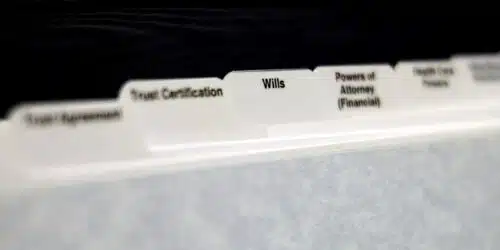As housing prices and rental rates continue to increase, affordable housing is becoming more of an issue in major cities. Municipalities are constantly searching for ways to create affordable housing, whether it is partnering with non-profit organizations or implementing policies focusing on urban intensification. Recently, under section 338.2 of the Municipal Act, the City of Ottawa approved a vacant home tax in the hopes of not only increasing the housing supply, but also generating more tax revenue.
While there are many facets of the new tax, here are the highlights of the new program:
- The rate will be one percent (1%) of the property value used to determine the final property tax bill
- The program will begin to be implemented in 2022 with owners being billed for the tax in 2023
- The tax will only be imposed on certain residential units in the RT property tax category, such as single-family homes, semi-detached, townhomes, condominiums, and multi-unit residences between two and six units (buildings with more than six units will not be subject to the tax)
- The tax will be imposed on units that are vacant for more than 184 days during the previous calendar year
- All homeowners in the City would need to make a mandatory declaration online confirming whether the property owned is vacant or not
- There will be certain exemptions where residential units will be allowed to be vacant, such as the death of the owner or the property undergoing extensive renovations or construction
The City of Ottawa has indicated that this is only an initial framework; further policies and by-laws will need to be developed before the program is implemented. Whether the tax will be effective is hard to predict. The concept of a vacant unit tax is relatively new and has only been implemented in Canada by the City of Vancouver. Since the program began there in 2017, vacant residential units decreased by 22% after the first year and then by another 5% in the second year. This would seem to indicate that the program has been somewhat successful. However, the City of Ottawa predicts that there are likely only 760 to 3000 vacant units in Ottawa out of 307,000 total residential properties (which means that vacant units represent less than 1% of the total eligible residential units in Ottawa). Therefore, while the tax is likely to help the housing supply issue, the program will probably not be enough on its own. As a result, the vacant land tax is more likely to be part of a bigger plan to deal with housing affordability than being a solution on its own.
As more information is released over the next year or so, property owners in Ottawa will be interested in seeing how the final plan takes shape and, once implemented, whether it has the desired effect of tangibly increasing affordable housing. I will keep you posted.
This blog post was written by Jason Peyman, a member of the Real Estate and Business Law teams. He can be reached at 613-369-0376 or at jason.peyman@mannlawyers.com.








